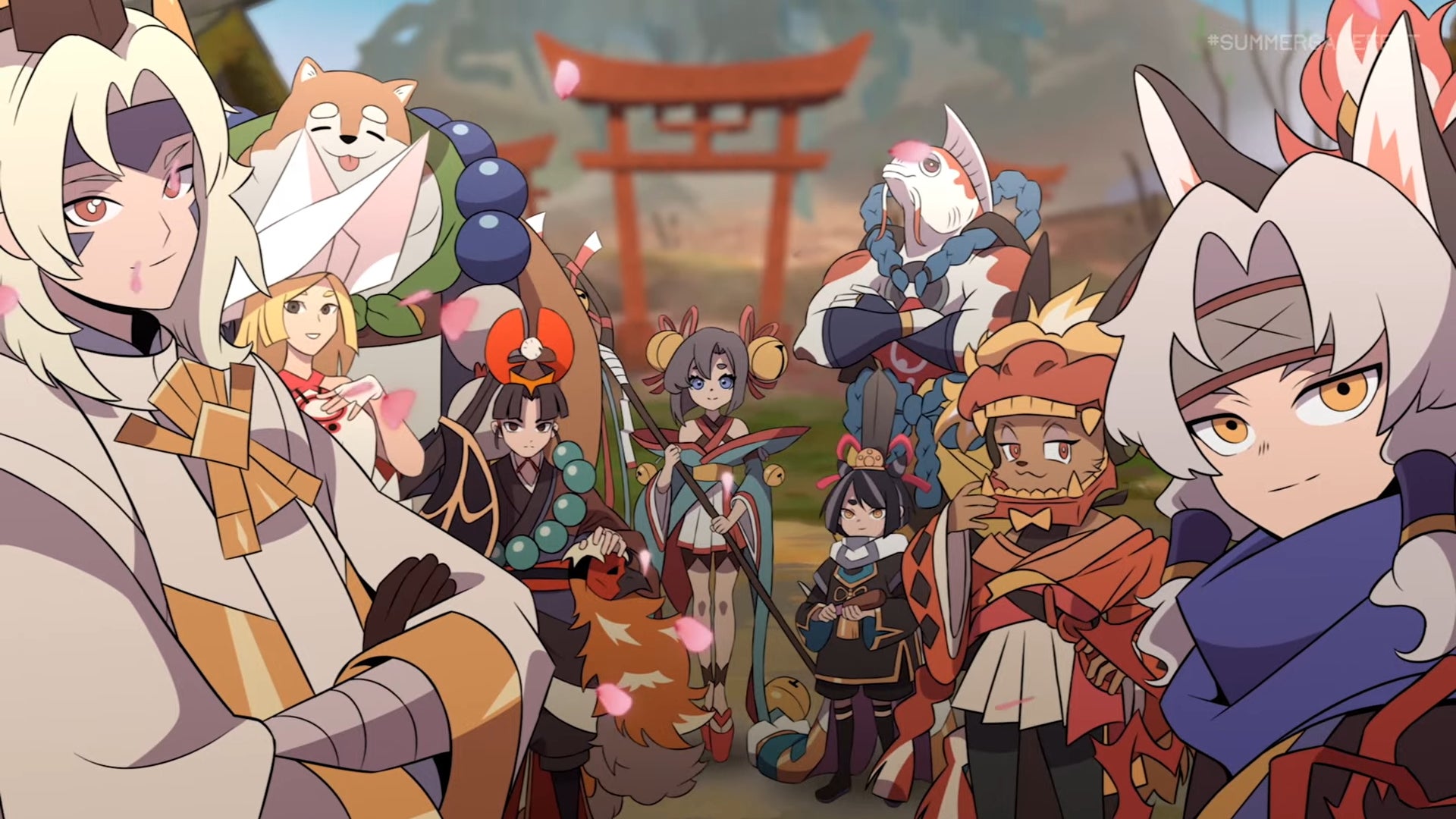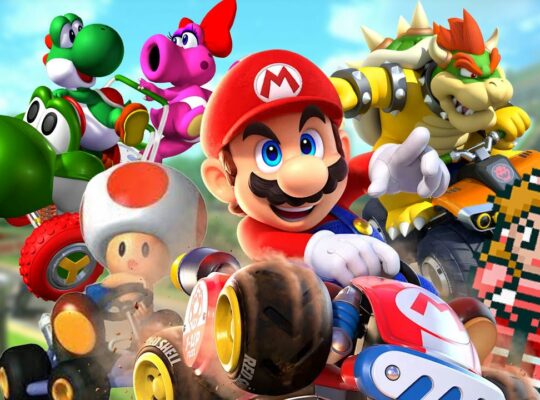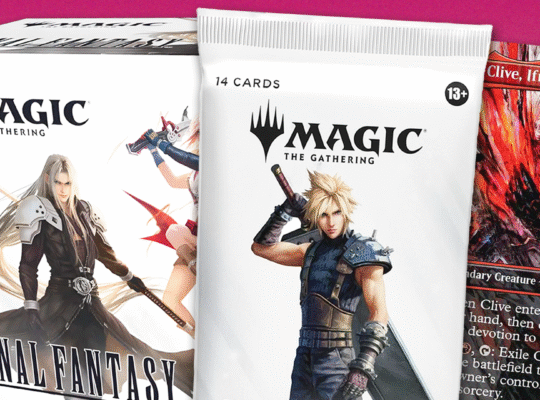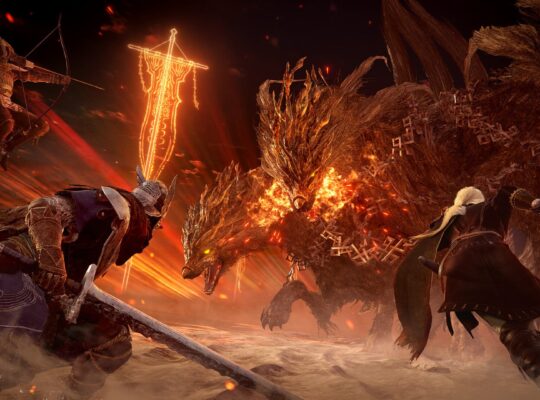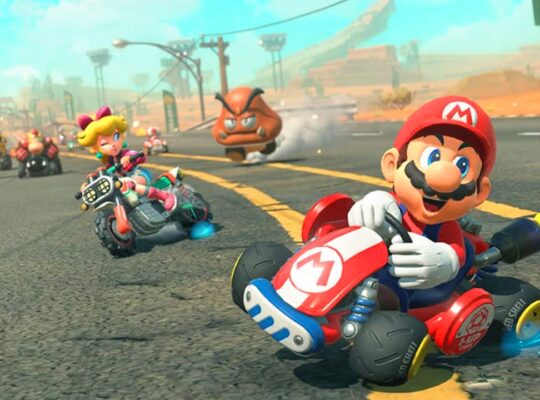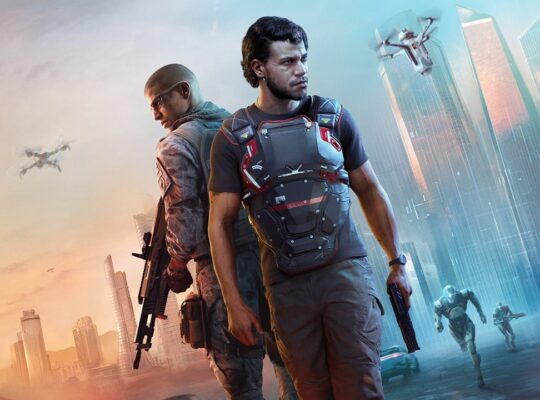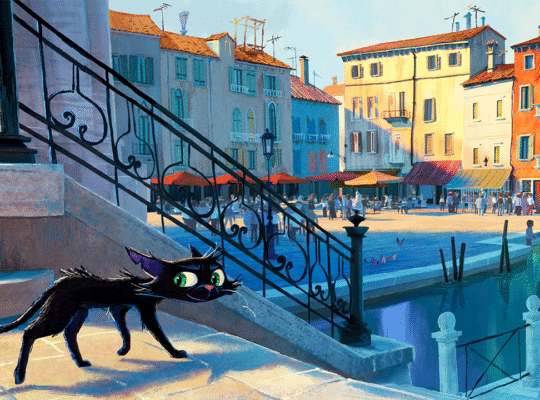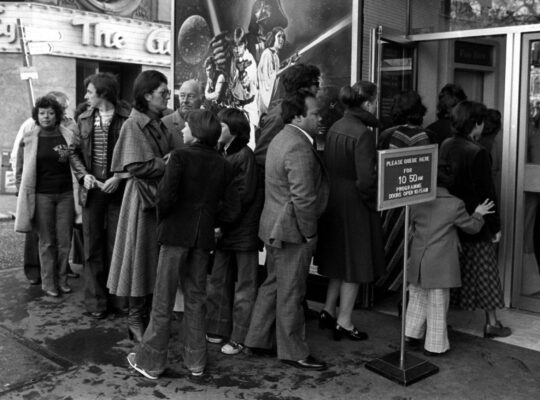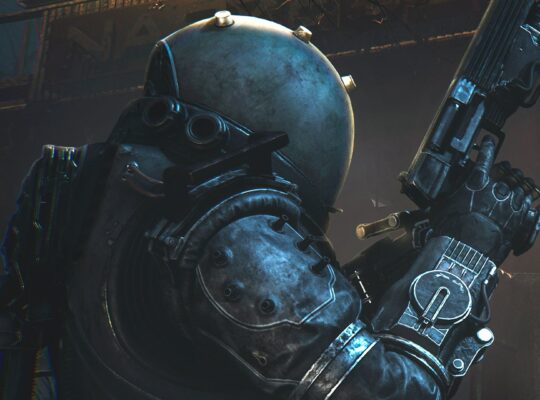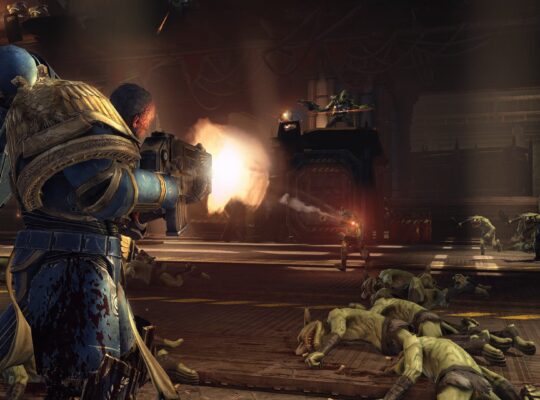
During Summer Game Fest last week, you’d be forgiven for having overlooked Towa and the Guardians of the Sacred Tree. It’s a brand new rogue-like that got a very, very brief trailer and little in the way of other information or fanfare. But its unusual development story may make Towa one of the most interesting games that appeared during the show.
I spoke with Daisuke Nagaoka, producer at Bandai Namco on Towa, and Shuhei Yamashita, game director at developer Brownies, following the announcement of the game and some hands-on playtime, which you can read here. The two started by catching me up on the history of Brownies, a studio with a fascinating pedigree.
Brownies evolved out of Nintendo-owned Brownie Brown Inc, a Tokyo-based company founded by Mana series veterans Shinichi Kameoka and Kouji Tsuda. As Brownie Brown, the developer co-developed a number of beloved games such as Sword of Mana, Heroes of Mana, Super Mario 3D Land, and Fantasy Life. But then, in 2012, the company announced that it would officially become a Nintendo support studio, and change its name to 1-Up Studio. When this happened, Kameoka departed, and with other former Brownie Brown developers formed Brownies.
Ever since, Brownies has made a name for itself with games like Fantasy Life Link!, the Egglia series, and co-development on Doraemon Story of Seasons, which Bandai Namco published. Nagaoka explains that this existing relationship had gone well, so as the teams were finishing up Doraemon, Bandai decided it wanted to work with Brownies again. “Their creativity was so wonderful as such, that we wanted to create something original and we decided to work together.”
But Bandai Namco didn’t end up getting exactly what it ordered. Yamashita explains that Bandai Namco originally came to Brownies asking for an original RPG “with a Japanese flair, Japanese taste.” It’s a sensible request, given Brownies’ past work. But Yamashita, who was a big fan of roguelites and roguelites, had a different idea. He counter-pitched Bandai Namco on a genre of game the company had never published before.
So why did Bandai Namco say yes?
“There are three things,” Nagaoka says. “First is this roguelite genre, when you look at the worldwide market, there is a big customer base. So from the business perspective, that is a good direction. And secondly, Bandai Namco, we thought this is worth a challenge, because we haven’t done anything like this before. So we were ready to take on this challenge.
“And the third point is that RPGs are based on good stories, but there aren’t that many roguelite games that have a solid storyline. So we wanted to create something that has a good storyline with the roguelite, and by doing that, we thought we could differentiate ourselves.”
There was one roguelite, however, that did have the kind of story and elements Brownies and Bandai Namco were looking for: Hades.
“That’s a game that’s really comfortable to play,” Yamashita says. “The playability is good. So that was something I wanted to achieve with this game as well.”
Bandai Namco did get its way, however, in that Towa is certainly a game with a “Japanese flair.” It’s inspired heavily by Japanese and more broadly Eastern motifs, says Yamashita, even though he adds that there’s no specific piece of folklore or myth that’s directly retold in the game. The characters, for instance, all cover a different motif, such as a shiba, a koi, and a samurai. Brownies originally came up with 24 different characters, all with unique silhouettes and personalities, and an internal competition narrowed the field down to just eight.
But this is where Towa differs from Hades and other games of the genre. Instead of playing one character at a time, players control two: one carrying a sword, and another in a support role carrying a staff. Each character has different abilities depending on which role they’re playing, and both can be controlled independently using the left and right sticks and different buttons. It’s a configuration that took some getting used to (as I wrote in my preview), but ultimately proved to be an interesting twist on what I was used to from games like Hades.
“There are two benefits to having these two characters,” Yamashita says. “Initially… Well, in 3D games the right stick is for maneuvering the camera. So this type of game, when you’re looking down, I thought that this mechanism would allow being able to operate or to maneuver having two characters. So that was our thought.
“And then secondly, having two characters from the story point of view, having the relationships or the connections between these characters and having conversations, that would give more depth to it. So we thought that there would be a benefit to have these two characters.”
Towa and the Guardians of the Sacred Tree is out on September 19, 2025 on PlayStation 5, Xbox Series consoles, PC via Steam, and Nintendo Switch. You can catch up on our brief experience hands-on with the game here.
Rebekah Valentine is a senior reporter for IGN. You can find her posting on BlueSky @duckvalentine.bsky.social. Got a story tip? Send it to rvalentine@ign.com.


